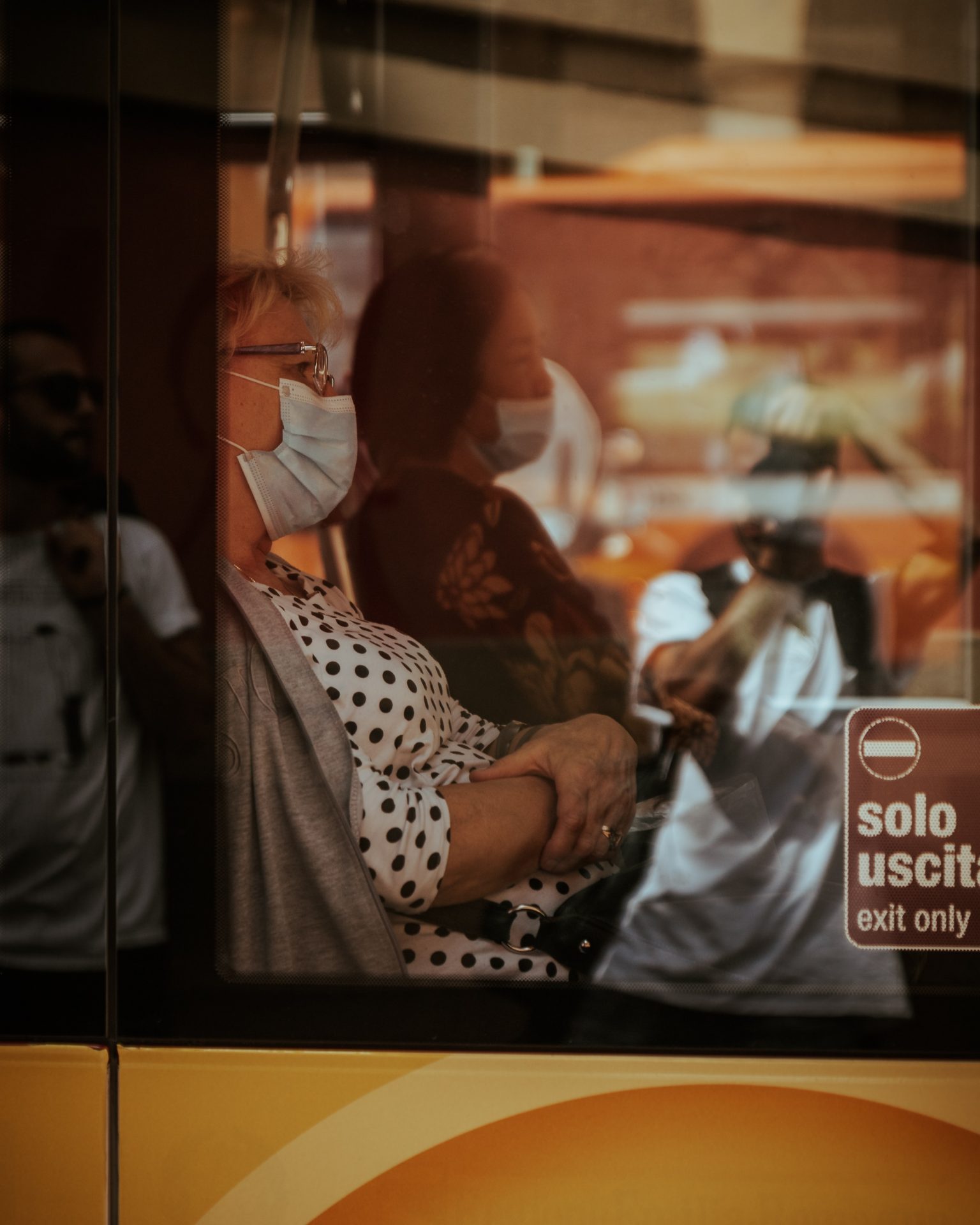- COVID-19 has widened gender employment gaps and left women more vulnerable than men to job loss
- The uptake of gender-responsive policies is still limited and gender-blind social protection measures continue to be the norm
- Provides examples of how some countries are strengthening their financial support and social protection mechanisms for gender-responsive outcomes
This infographic is part of a series of four infographics focusing on the intersection of gender and Covid-19 and covering the following topics:
- Financial Protection Services
- The Gender Gap in Digital Health
- GBV Response Services
- Sexual & Reproductive Health Services
Healthcare access is disrupted or lost with loss of income and work, especially where access is linked to employment-based benefits or entitlements. With a focus on countries in the Global South, this infographic illustrates the gender inequities in health financing and financial protection schemes. Financial protection measures must be explicitly gender-responsive in their scope and delivery.

Projections from the International Labour Organization suggest the equivalent of 140 million full-time jobs may be lost due to COVID-19; and women’s employment is 19 per cent more at risk than men.
Women have suffered more than half of total job losses from the pandemic, making them 1.8 times more vulnerable to the pandemic’s impact than men.
Gender considerations are often not designed into response plans, despite clear evidence that women’s livelihoods & job security has been more heavily impacted by COVID-19 than men’s. A rapid assessment of the gender-sensitivity of the initial COVID-19 social protection responses up to April 2020 indicated that only about 11% of responses demonstrated gender-sensitivity.
In Thailand, migrants (irrespective of migration status) are eligible for Universal Healthcare Coverage. The cabinet also approved a fiscal package, including water and electricity bills, and social security contributions.
Argentina, Armenia, El Salvador, Hungary, Russia, and Sri Lanka introduced social protection
programmes specifically targeted to pregnant people, as well as women receiving maternity benefits.





